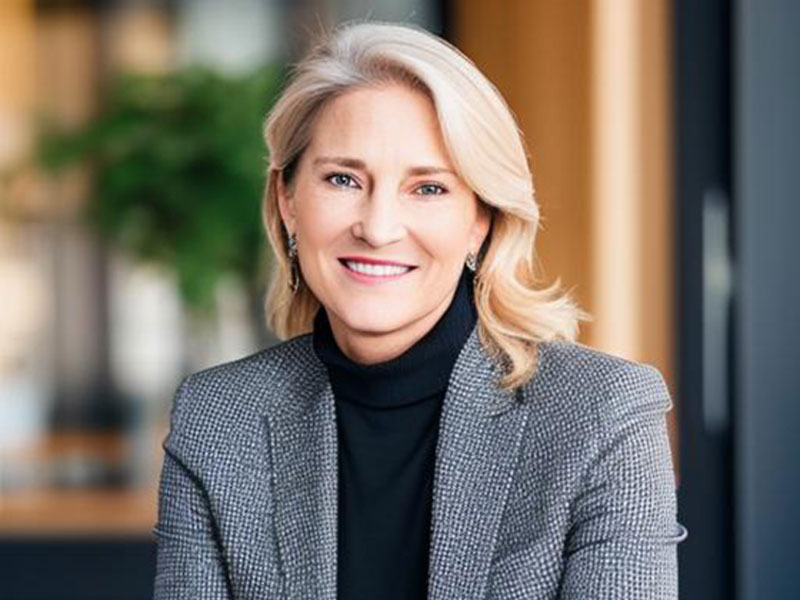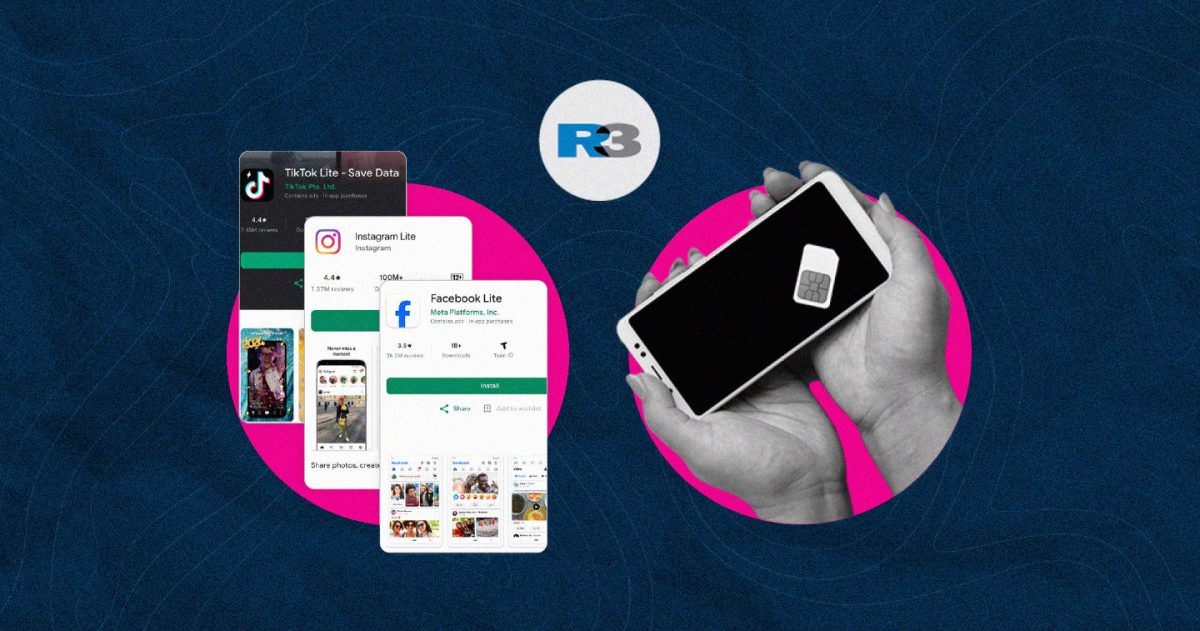The world’s leading CPG brands are fortifying their businesses by restructuring for efficiency and building the strength of household brand names. R3’s CPG Transformation report looks at the top line and long-term growth strategies of twelve consumer packaged goods companies which presented at this year’s Consumer Analyst Group of New York conference.
“A noticeable change in tone from companies like Kellogg’s and Colgate suggests that marketing is finally being treated – not just considered – as an important driver of business growth,” said Co-founder & Principal at R3, Greg Paull. “This change has led to strategic actions to find operational efficiencies in organization design, media investment, agency models, in-housing, and digital and e-commerce.”
Brands featured in the report are General Mills, Coca-Cola, Kraft Heinz, Coty, Mondelēz, Kellogg’s, PepsiCo, J.M. Smucker, Church & Dwight, Imperial Brands, P&G, The Clorox Company, Diageo, Colgate, L’Oréal and Nestlé. Each brand has been rated for their reported growth, innovation, marketing performance and authenticity of presentation. reviewing brand and marketing strategy, as well as operations and financial performance.
3 Themes Shaping CPG Companies in 2023
Building Brands: Investing in established household names through product innovation and marketing; ensuring products are of superior value to be able to compete on more prem; creating premium product lines to appeal to a growing Middle Class and step away from competing on price.
Portfolio Management: CPG brands are choosing one of two paths: pursuing acquisitions or consolidating for a more strategic portfolio. For companies like Church & Dwight and Diageo, placing a focus on high-growth product categories and premiumization helps justify higher price-points and protects margins.
Optimizing Operations and Processes: New operational models are being launched to increase integration, provide opportunity for localizations while making the best tools and talents available across the organization. This also means restructuring agency partnership models to reflect future ambition, developing in-house capability to increase efficiency and data ownership, and reorganizing teams to serve overall brand ambition.





